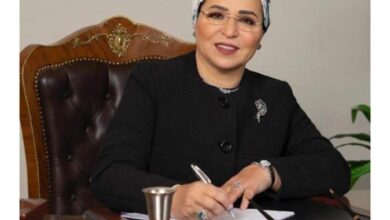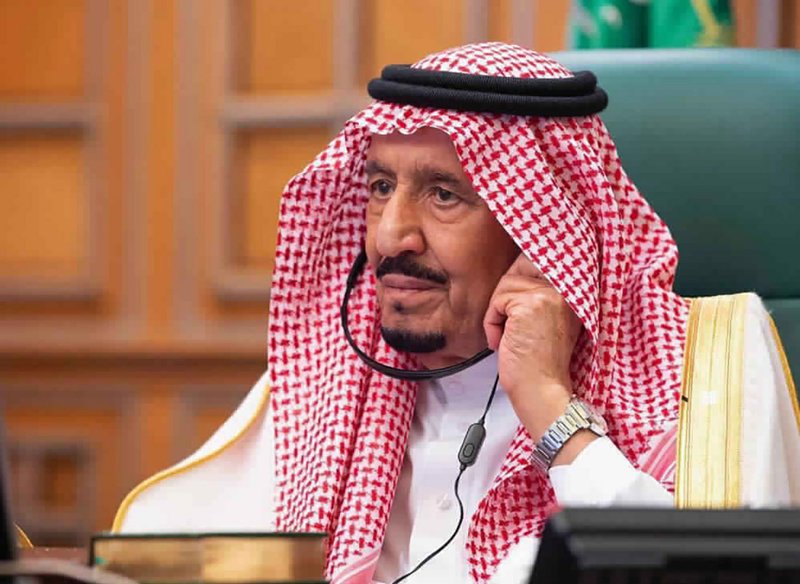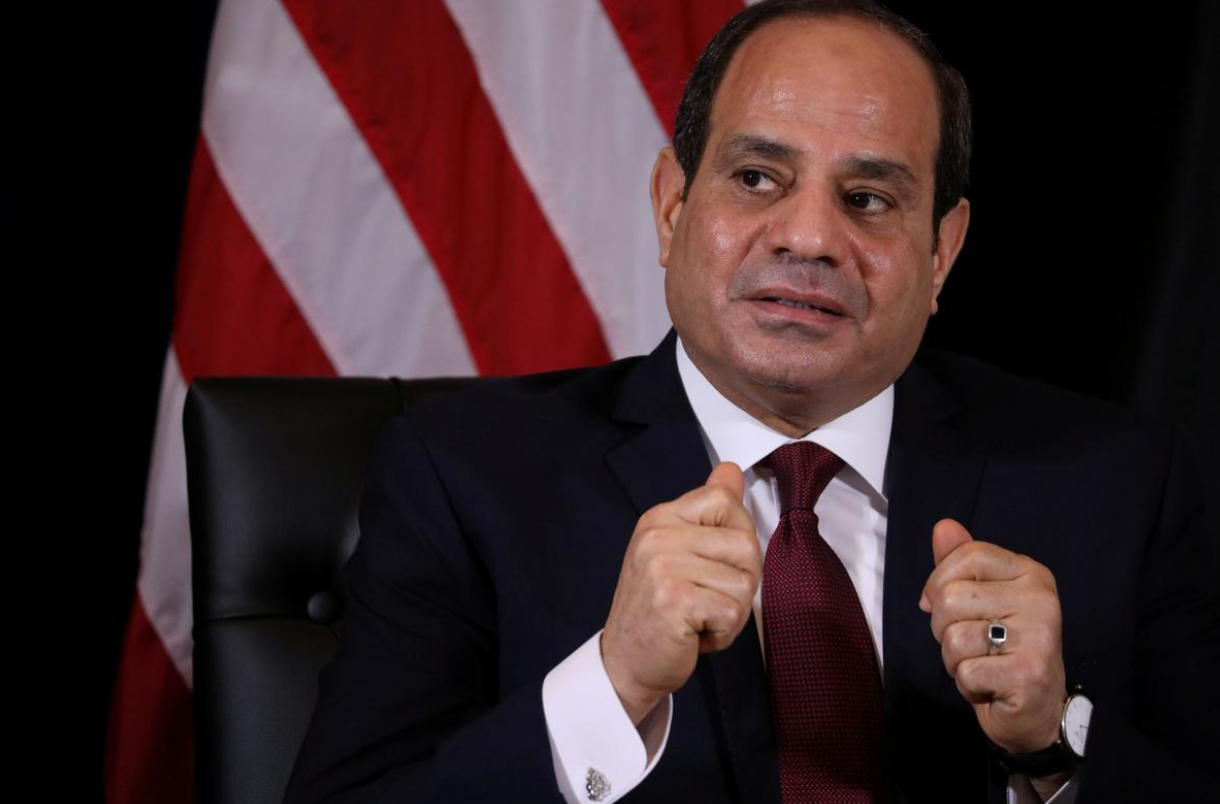Hundreds of thousands of Egyptian protesters endured a disheartening anticlimax Thursday night as President Hosni Mubarak dashed hopes of an early resignation by vowing to stay in office until September's presidential elections.
Mubarak said in a national television address that he would delegate some powers to Vice President Omar Suleiman that he would ignore "diktats from abroad,” and would “carry on and protect the constitution and the people and transfer power to whomever is elected next September in free and transparent elections.” The embattled president reiterated that he would not run as a candidate.
At this stage it is still unclear as to the role the army and Suleiman will play because Mubarak's comments were so ambiguous.
According to article 82 of the Egyptian Constitution, the President could “delegate his powers to a vice president” if “on account of any temporary obstacle the President of the Republic is unable to carry out his functions.
The Vice President is not entitled to request the amendment of the Constitution, or dissolve the Parliament or to relieve the cabinet.
"I will not refrain from punishing those who have committed crimes against our youth," Mubarak continued.
He said he would not lift the country’s hated state-of-emergency laws until the security situation improved.
Protesters in Cairo’s vast Tahrir Square responded with indignation, waving their shoes at the leader who has ruled the Arab world’s largest state with an iron fist for nearly three decades.
Mubarak said that the demands of protesters are just and legitimate. He said he had requested six constitutional amendments to answer protesters' reform demands and that he would lift hated emergency laws — but with the caveat, when security permitted, a promise that his vice president made earlier this week but was dismissed by protesters.




